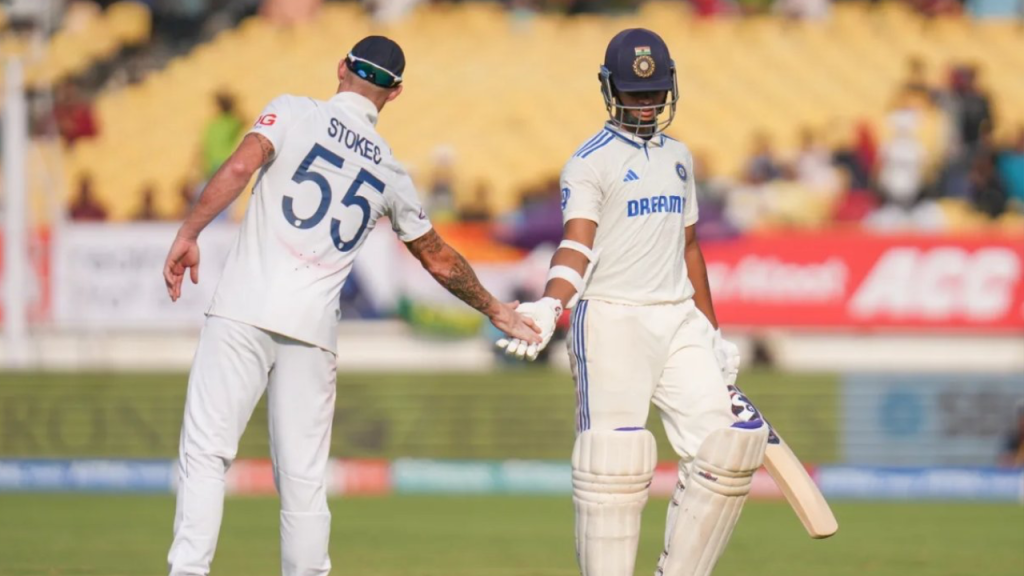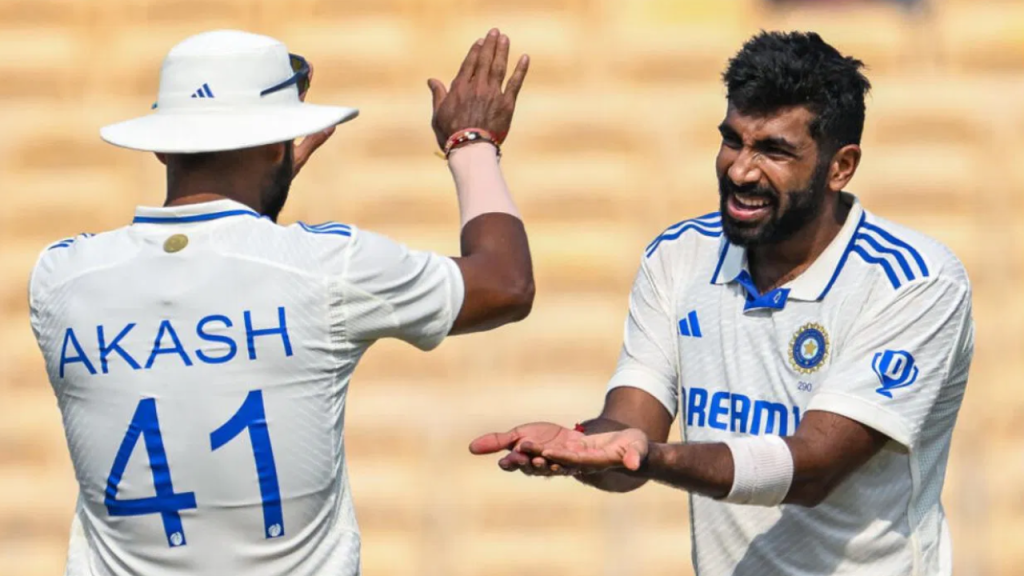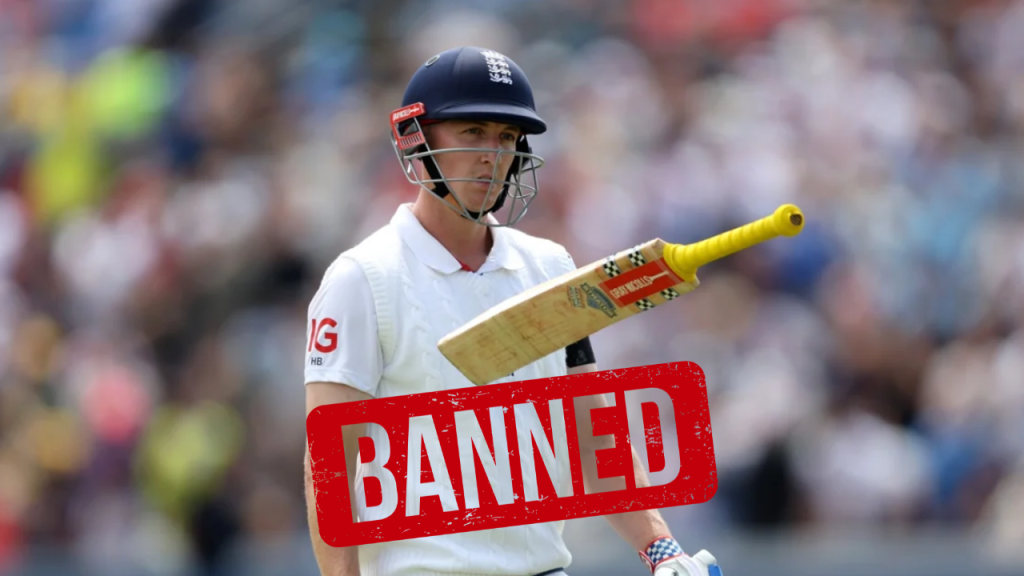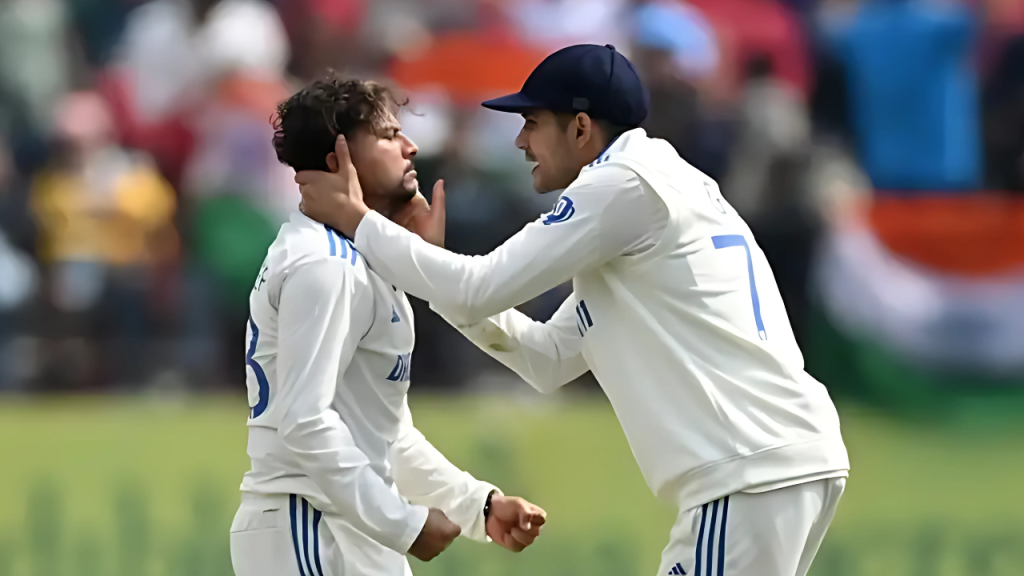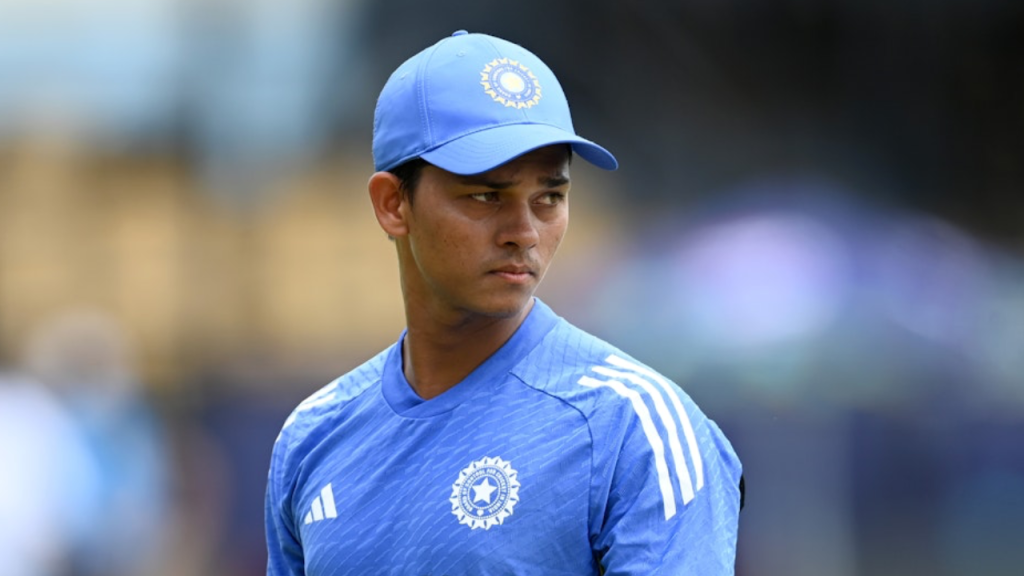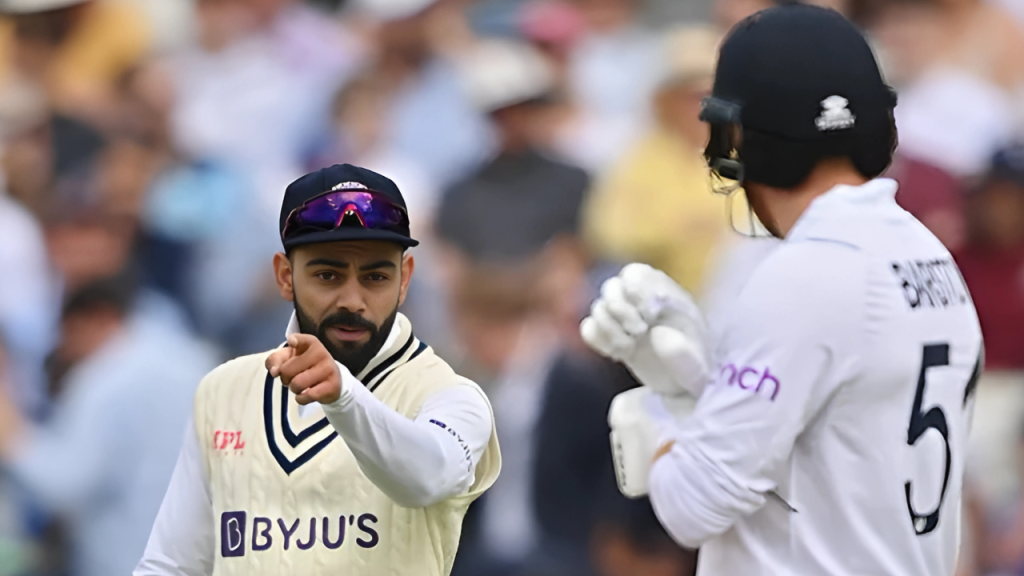The Indian Premier League (IPL) has always been a melting pot of cricketing talent, where strategies around player retention can significantly alter a team’s fortunes. The 2025 IPL mega auction introduced a nuanced rule regarding the retention of uncapped players, which has sparked discussions on fairness and strategy among fans and analysts alike. This rule, while seemingly straightforward, has led to a peculiar situation where Chennai Super Kings (CSK) could retain MS Dhoni as an uncapped player, but Kolkata Knight Riders (KKR) cannot extend the same privilege to Sunil Narine, despite both players having not played international cricket since 2019.
The Uncapped Player Conundrum

The IPL’s new rule defines an uncapped player as an Indian cricketer who has not played in the starting XI of any international match in the last five calendar years or does not hold a BCCI central contract. This rule was reintroduced to give teams an opportunity to retain players who might have been overlooked or retired from international cricket but still hold significant value in the IPL. MS Dhoni, having last played for India in 2019, fits this bill perfectly, allowing CSK to retain him for a considerably lower price, pegged at ₹4 crore.
Sunil Narine’s Case
Sunil Narine, on the other hand, presents a different scenario. Despite his last international appearance also being in 2019, Narine’s case is complicated by his nationality. The IPL’s uncapped player rule applies exclusively to Indian players. Therefore, for KKR, Narine remains a capped player, regardless of his international status. This means KKR would need to allocate a much higher sum from their auction purse if they wish to retain him, aligning with the costs for capped players which could start from ₹18 crore for the first retention.
Strategic Implications
This disparity in treatment has strategic implications for both teams. For CSK, retaining Dhoni as an uncapped player not only keeps their iconic captain but also leaves them with more financial flexibility to bid for other players in the auction. Conversely, KKR faces a dilemma. Retaining Narine at a capped rate significantly impacts their auction strategy, potentially limiting their ability to strengthen other areas of their squad.
Fan Reactions and Fairness Debate
The rule has sparked a debate among fans and cricket analysts about fairness. While some argue that the IPL should treat all players equally, regardless of nationality, others point out that the IPL is fundamentally an Indian league, and such rules are designed to nurture and highlight Indian talent. However, the case of Narine versus Dhoni highlights an inconsistency in how the league values its international stars versus its home-grown heroes.
The IPL’s retention rules for 2025, while aimed at balancing team strengths and promoting Indian talent, have inadvertently created a scenario where international players like Narine are at a disadvantage compared to their Indian counterparts like Dhoni. This situation not only affects team strategies but also raises questions about global equity in cricket’s most lucrative league. As the IPL continues to evolve, these rules might need revisiting to ensure a level playing field for all players, regardless of their nationality, reflecting the true spirit of cricket as a global sport.
